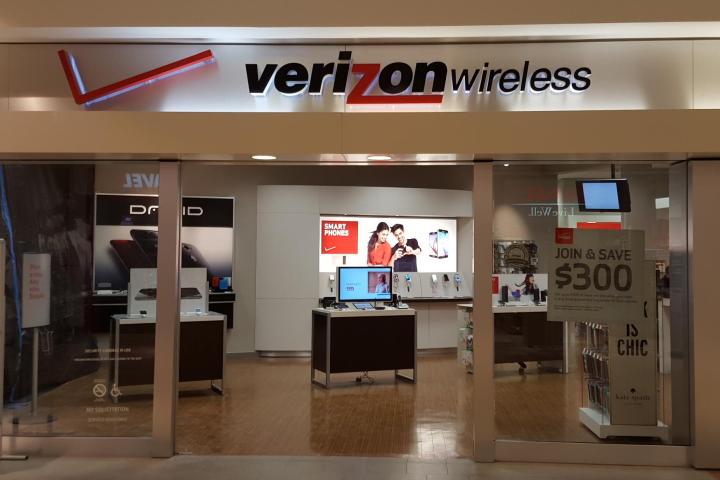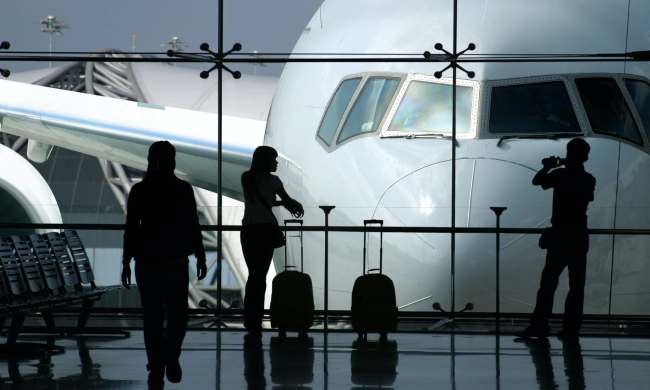
If your phone isn’t 4G LTE-compatible, don’t look to Verizon for help. The mobile service provider will stop activating phones that don’t have this relatively modern technology available. As initially reported by Droid Life, a few 3G phone owners who went to Verizon in hopes of activating their mobile devices were turned away. Verizon has since confirmed that this is its new policy.
“For several years, we’ve been publicly saying that our 3G CDMA network will remain available through the end of 2019. Virtually all traffic on our network is on our 4G LTE network,” Verizon told Engadget. “To facilitate a smooth transition to 4G LTE-capable products and services, we are no longer allowing devices that are not 4G LTE-capable to be activated on our network.”
Rumors around this change have been circulating for quite a few months, with talk that Verizon would likely stop activating 3G phones by June or July 2018. That has since come to fruition, and Verizon is still set to discontinue its entire 3G CDMA network by the end of next year. Indeed, Verizon has long since stopped selling 3G devices, and recently began offering LTE-only flip phones for customers who wanted to spend less time staring at an addicting smartphone screen but still wanted to be part of the most modern cell phone technology.
Droid Life also reports that there are rumors circulating around Verizon’s alleged decision to prevent older LTE devices from being activated. The policies their sources have seen purport that CDMA devices and devices without HD Voice or VoLTE will not be activated. While Verizon has not commented directly on this change, the company did later amend its initial statement to say, “To facilitate a smooth transition to 4G LTE capable products and services, we are no longer allowing devices that are not 4G LTE capable with VoLTE to be activated on our network.” That means that some phones without VoLTE capabilities could soon find themselves unsupported, too.
In any case, it seems that this change hasn’t been broadly implemented yet, so if you’re still hanging on to a dinosaur of a cell phone, you’ve got a bit of time left.


